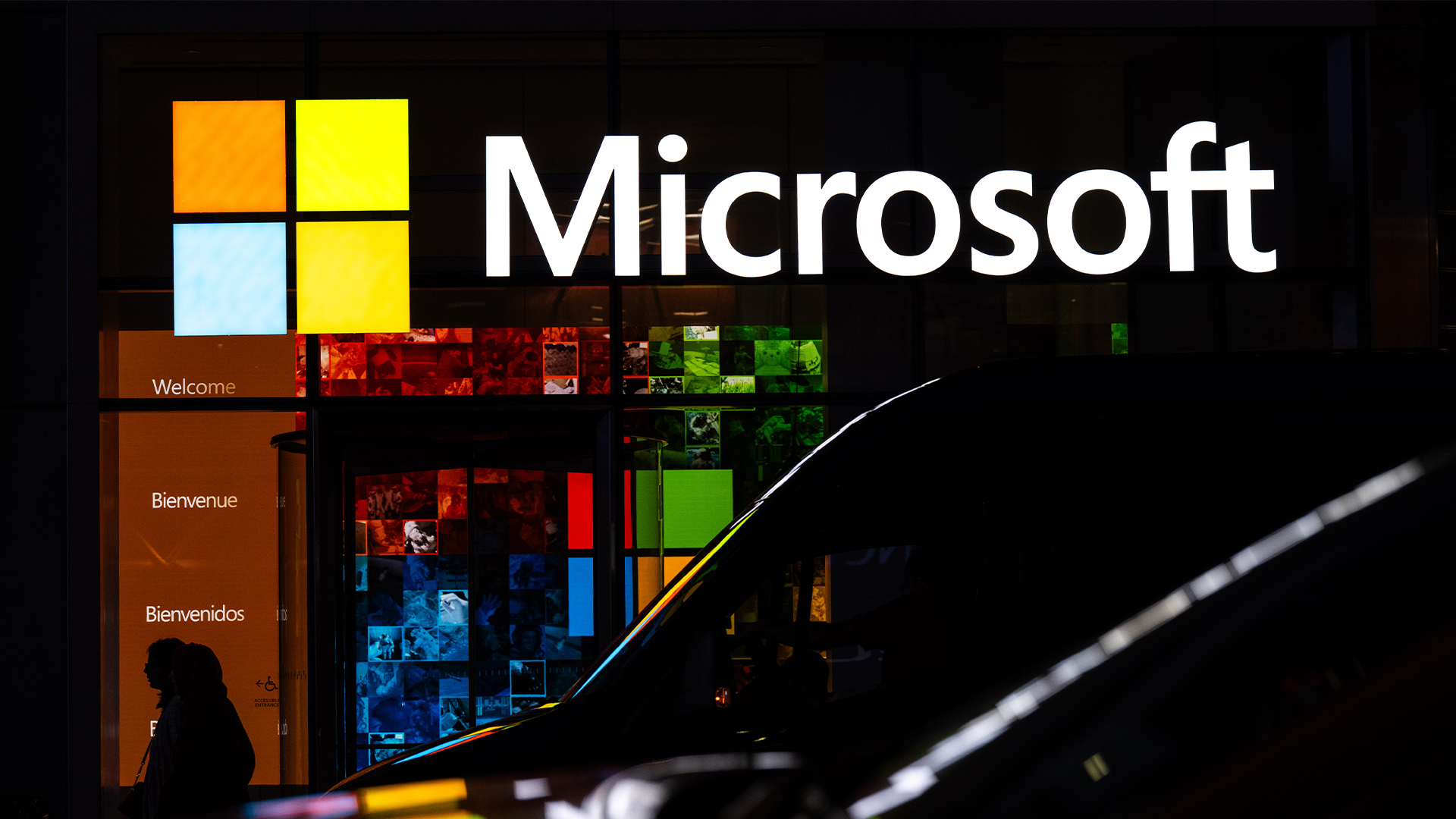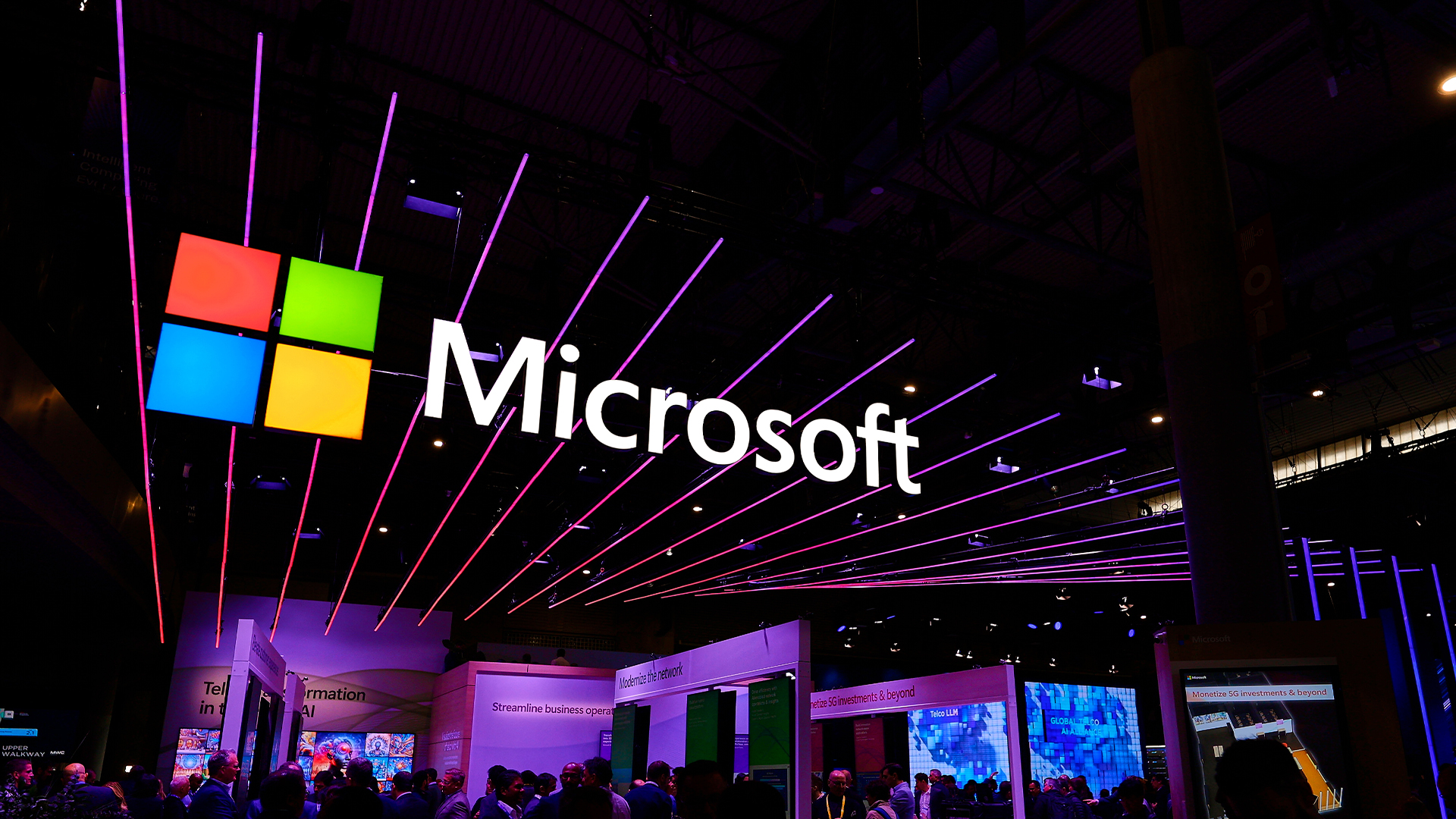Check Point customers to gain access to Azure OpenAI service under new Microsoft partnership
Check Point’s Infinity AI Copilot will leverage Microsoft’s Azure OpenAI Service and suite of large language models


Cyber security provider Check Point has announced a new partnership with Microsoft to enhance its Infinity AI Copilot offering with the Azure OpenAI service.
Check Point’s Infinity AI Copilot service leverages automation to deliver security administration improvements, as well as faster incident mitigation and response.
By automating both common and complex security tasks using AI, the solution helps to lighten workloads for security teams while tackling the most sophisticated cyber attacks.
Thanks to the new collaboration, Infinity AI Copilot will now benefit from the Redmond giant’s advanced large language models (LLMs) which will allow the solution to more effectively address a wide range of security challenges.
"Our collaboration with Microsoft Azure OpenAI Service represents a significant leap forward in our mission to offer the most advanced AI-driven security solutions," said Eyal Manor, Check Point’s vice president of product management.
"By combining Microsoft’s AI expertise and tools with our deep understanding of cyber security across networks, clouds and devices, we are setting new benchmarks for what organizations can achieve in their battle against expanding cyber threats with limited IT resources."
Check Point eyes advanced AI capabilities
With the addition of Azure OpenAI service, Check Point said Infinity AI Copilot customers will be able to leverage advanced AI capabilities to drive down the time required to complete security tasks – such as event analysis, troubleshooting, and policy changes - by up to 90%.
Stay up to date with the latest Channel industry news and analysis with our twice-weekly newsletter
The solution also promises improved incident response that covers large scale threat hunting, operational analysis, remediation, and incident solution, while offering unified, cloud-delivered security across the entire Check Point Infinity Platform.
Additionally, Check Point will work to protect the LLMs from critical vulnerabilities such as prompt injection, bypassing of security controls, harmful speech, and hallucinations.
The firm said it has even developed its own prompt engineering that utilizes retrieval augmented generation (RAG) best practice, which Infinity AI Copilot will leverage to ramp up its reliability and accuracy with facts checked from Check Point sources – including its CheckMates community forum, as well as its own product documentation and internal databases.
RELATED WEBINAR

Commenting on the partnership, Anat Gil, partners lead for Microsoft South-East Europe, said the move underlines the companies’ shared commitment to enhance cyber security using AI technology.
“By integrating Microsoft Azure OpenAI Service with Check Point Infinity AI Copilot, we are not only advancing the capabilities of AI in protecting digital environments but also empowering organizations to navigate the digital landscape securely and confidently, greatly enhancing the effectiveness of their current security personnel," Gil said.
Dan is a freelance writer and regular contributor to ChannelPro, covering the latest news stories across the IT, technology, and channel landscapes. Topics regularly cover cloud technologies, cyber security, software and operating system guides, and the latest mergers and acquisitions.
A journalism graduate from Leeds Beckett University, he combines a passion for the written word with a keen interest in the latest technology and its influence in an increasingly connected world.
He started writing for ChannelPro back in 2016, focusing on a mixture of news and technology guides, before becoming a regular contributor to ITPro. Elsewhere, he has previously written news and features across a range of other topics, including sport, music, and general news.
-
 Thousands of Microsoft Teams users are being targeted in a new phishing campaign
Thousands of Microsoft Teams users are being targeted in a new phishing campaignNews Microsoft Teams users should be on the alert, according to researchers at Check Point
-
 Microsoft warns of rising AitM phishing attacks on energy sector
Microsoft warns of rising AitM phishing attacks on energy sectorNews The campaign abused SharePoint file sharing services to deliver phishing payloads and altered inbox rules to maintain persistence
-
 Microsoft just took down notorious cyber crime marketplace RedVDS – and found hackers were using ChatGPT and its own Copilot tool to wage attacks
Microsoft just took down notorious cyber crime marketplace RedVDS – and found hackers were using ChatGPT and its own Copilot tool to wage attacksNews Microsoft worked closely with law enforcement to take down the notorious RedVDS cyber crime service – and found tools like ChatGPT and its own Copilot were being used by hackers.
-
 These Microsoft Teams security features will be turned on by default this month – here's what admins need to know
These Microsoft Teams security features will be turned on by default this month – here's what admins need to knowNews From 12 January, weaponizable file type protection, malicious URL detection, and a system for reporting false positives will all be automatically activated.
-
 The Microsoft bug bounty program just got a big update — and even applies to third-party code
The Microsoft bug bounty program just got a big update — and even applies to third-party codeNews Microsoft is expanding its bug bounty program to cover all of its products, even those that haven't previously been covered by a bounty before and even third-party code.
-
 Microsoft Teams is getting a new location tracking feature that lets bosses snoop on staff – research shows it could cause workforce pushback
Microsoft Teams is getting a new location tracking feature that lets bosses snoop on staff – research shows it could cause workforce pushbackNews A new location tracking feature in Microsoft Teams will make it easier to keep tabs on your colleague's activities – and for your boss to know exactly where you are.
-
 Microsoft opens up Entra Agent ID preview with new AI features
Microsoft opens up Entra Agent ID preview with new AI featuresNews Microsoft Entra Agent ID aims to help manage influx of AI agents using existing tools
-
 A notorious ransomware group is spreading fake Microsoft Teams ads to snare victims
A notorious ransomware group is spreading fake Microsoft Teams ads to snare victimsNews The Rhysida ransomware group is leveraging Trusted Signing from Microsoft to lend plausibility to its activities


